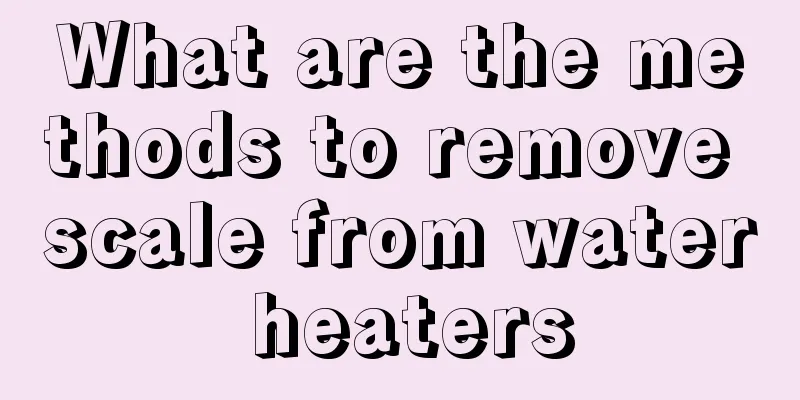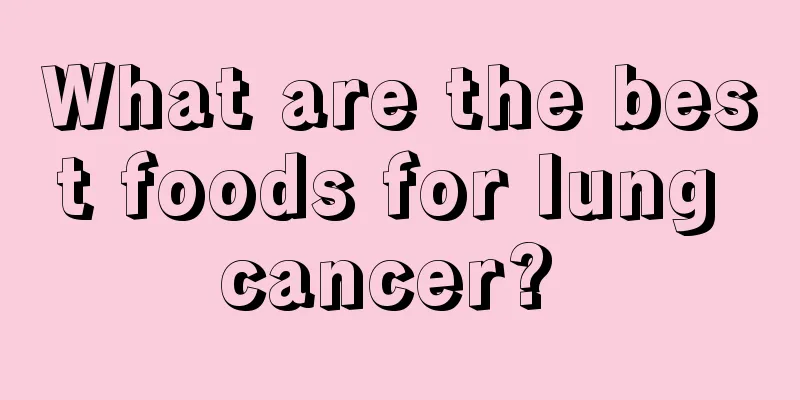What are the methods for treating vitiligo

|
Vitiligo, also known as white spots, is a sudden disease. There is currently no research to prove its genetic correlation. The impact of white spots on patients is mainly psychological and appearance, causing patients to feel psychologically lost, unwilling to go out, refusing to communicate with others, etc. Therefore, treating white spots is the patient's greatest wish. So, what are the methods for treating white spots? Vitiligo is a common acquired localized or generalized skin depigmentation disease. It is caused by the disappearance of melanocyte function in the skin, but the mechanism is still unclear. It can occur in any part of the body, most commonly on the back of the fingers, wrists, forearms, face, neck, and around the genitals. It can also occur in the female vulva, mostly in young women. 1. Medication (1) Oral administration of psoralen and its derivatives such as methoxsalen followed by exposure to ultraviolet light. (2) Long-term use of large doses of vitamins such as B vitamins, vitamin C, and vitamin P. (3) Treatments include drugs containing copper, such as 0.5% copper sulfate solution taken orally. (4) Oral immunomodulator levamisole, intramuscular injection of freeze-dried Bacillus Calmette-Guérin (BCG), oral administration of bovine placenta, etc. (5) Skin irritants are applied topically to cause inflammation of the skin and promote pigmentation. Commonly used ones include 30% psoralea corylifolia tincture, nitrogen mustard alcohol, phenol (pure carbolic acid), 25% to 50% trichloroacetic acid, and blister beetle tincture. This method is only suitable for small skin lesions, and blisters may appear on the lesions after application. (6) Corticosteroids: Local packing treatment with various corticosteroids such as beclomethasone dipropionate ointment, halometasone cream, and triamcinolone urea ointment. 2. Surgery Patients with stable skin lesions and no progression can undergo autologous epidermal transplantation. 3. Depigmentation therapy It is suitable for those with large skin lesions that exceed more than half of the body surface area. 3% to 20% hydroquinone monobenzyl ether cream can be applied externally. 4. Physical therapy Treatment is with narrow-wave ultraviolet light, long-wave ultraviolet light or 308nm excimer laser. |
>>: How to treat heterogeneous fatty liver
Recommend
How long will the vaccine fever last
After vaccination, the human body will experience...
How to make a mask that shrinks pores
In fact, we can make some facial masks by ourselv...
Red bumps on legs in winter are very itchy
If red bumps and itchiness appear on your legs in...
What is the most effective way to lose weight and relieve constipation?
Constipation is a very common phenomenon in life....
How to treat dampness and qi and blood deficiency
As we all know, many health problems in the human...
What are the dangers of sleeping while sitting?
Modern people are under great pressure whether at...
How to prevent liver cancer in daily life? Pay attention to the following points to prevent liver cancer
Primary liver cancer is a common malignant tumor ...
How much do you know about small cell lung cancer
Small cell lung cancer is one of the most common ...
How to remove oil stains on paper?
Paper is usually as white as jade because it is u...
How to choose a specialized hospital for rectal cancer
What are the specialized hospitals for the treatm...
Treatment methods for advanced rectal cancer
The early symptoms of rectal cancer are not very ...
Are there any side effects of retaining needles?
Since long-term infusion is required, retention n...
How does bile duct cancer develop
How does bile duct cancer develop? As one of many...
How to identify purple sand
In life, many people like to drink tea very much,...
Can cut mangoes be put in the refrigerator?
When people usually eat mangoes, they cut them in...









